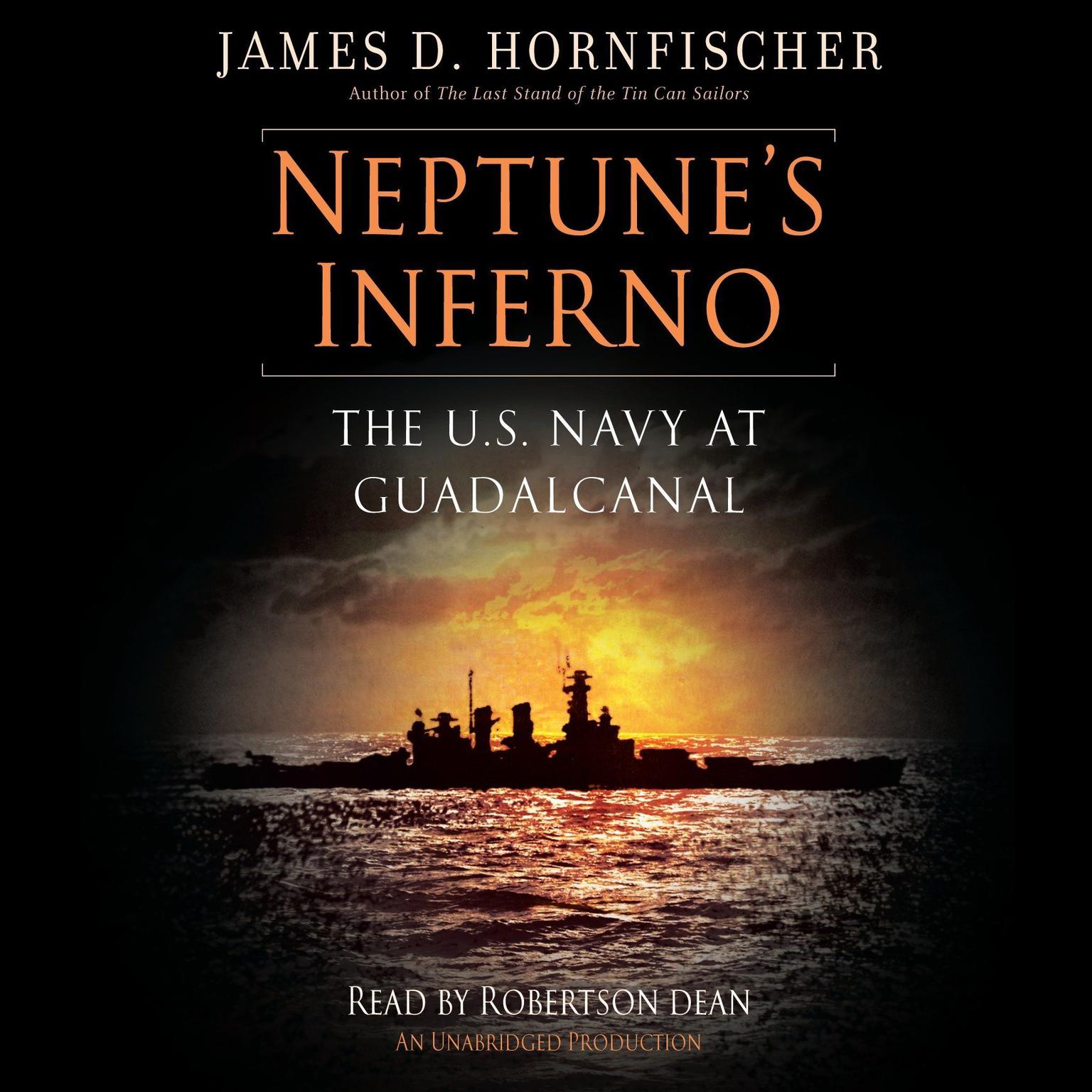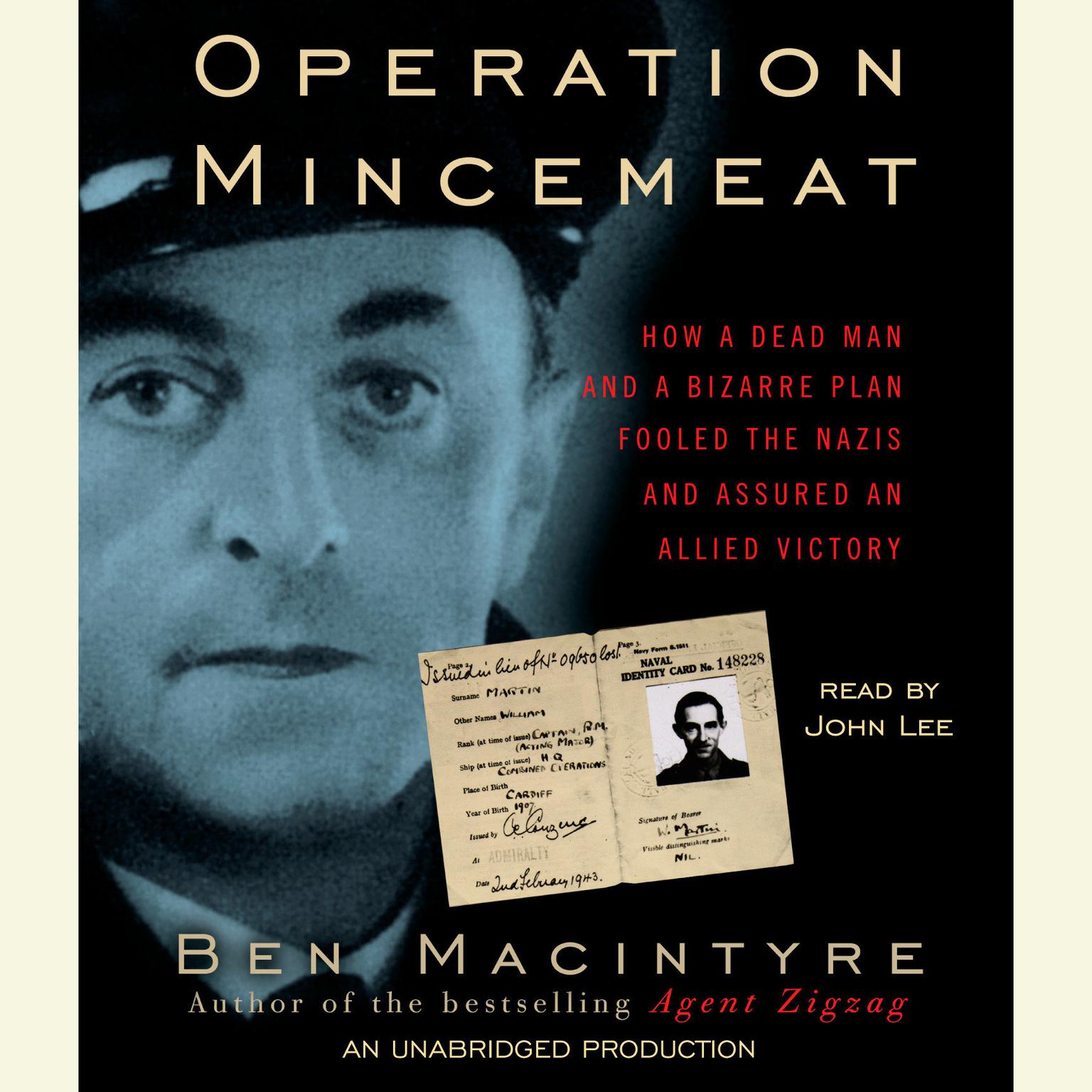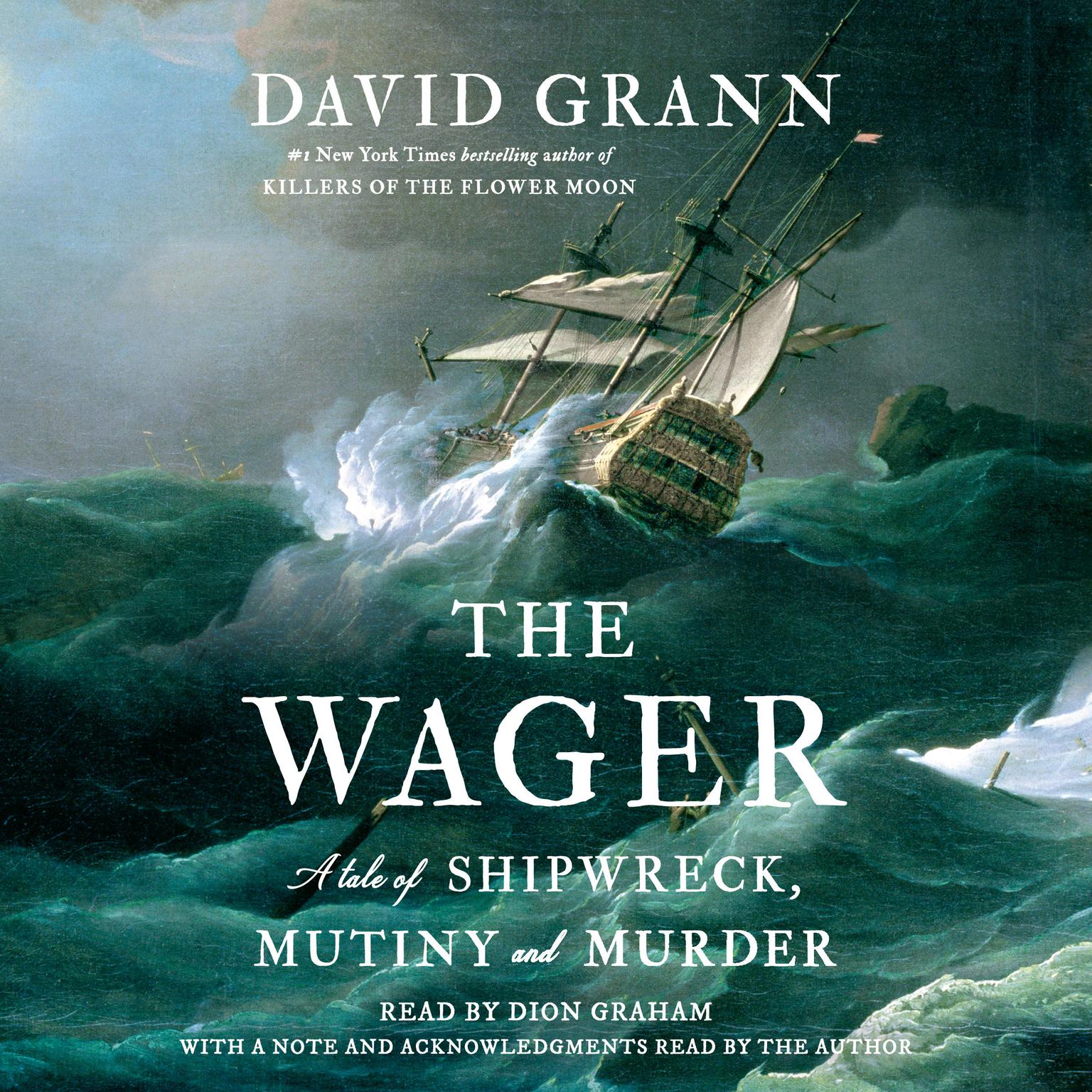Publisher Description
With The Last Stand of the Tin Can Sailors and Ship of Ghosts, James D. Hornfischer created essential and enduring narratives about America’s World War II Navy, works of unique immediacy distinguished by rich portraits of ordinary men in extremis and exclusive new information. Now he does the same for the deadliest, most pivotal naval campaign of the Pacific war: Guadalcanal. Neptune’s Inferno is at once the most epic and the most intimate account ever written of the contest for control of the seaways of the Solomon Islands, America’s first concerted offensive against the Imperial Japanese juggernaut and the true turning point of the Pacific conflict. This grim, protracted campaign has long been heralded as a Marine victory. Now, with his powerful portrait of the Navy’s sacrifice—three sailors died at sea for every man lost ashore—Hornfischer tells for the first time the full story of the men who fought in destroyers, cruisers, and battleships in the narrow, deadly waters of “Ironbottom Sound.” Here, in brilliant cinematic detail, are the seven major naval actions that began in August of 1942, a time when the war seemed unwinnable and America fought on a shoestring, with the outcome always in doubt. But at Guadalcanal the U.S. proved it had the implacable will to match the Imperial war machine blow for violent blow. Working from new interviews with survivors, unpublished eyewitness accounts, and newly available documents, Hornfischer paints a vivid picture of the officers and enlisted men who took on the Japanese in America’s hour of need: Vice Admiral William “Bull” Halsey, who took command of the faltering South Pacific Area from his aloof, overwhelmed predecessor and became a national hero; the brilliant Rear Admiral Norman Scott, who died even as he showed his command how to fight and win; Rear Admiral Daniel Callaghan, the folksy and genteel “Uncle Dan,” lost in the strobe-lit chaos of his burning flagship; Rear Admiral Willis Lee, who took vengeance two nights later in a legendary showdown with the Japanese battleship Kirishima; the five Sullivan brothers, all killed in the shocking destruction of the Juneau; and many others, all vividly brought to life. The first major work on this essential subject in almost two decades, Neptune’s Inferno does what all great battle narratives do: It cuts through the smoke and fog to tell the gripping human stories behind the momentous events and critical decisions that altered the course of history and shaped so many lives. This is a thrilling achievement from a master historian at the very top of his game.
Download and start listening now!
“This is the best book I’ve read in a long time, in any category — a non-fiction account that has all the color and pace of a novel. Rather than take the “great man” approach of following the actions of a single individual, or a single unit, Hornfischer weaves together the narratives of hundreds of men to tell this story. The result is an impressive account of the battle that also helps to fully reveal the human beings that fought it. As the stories of individual sailors and airmen develop, the reader never truly knows until the very end whether they survived — and you will very much care, by the end of their stories, about what happened to them. Despite all the individual detail, however, the story does not lose pace or wander off the path. The lessons of this battle — the consequences of the slow adoption of new technology, the painful sorting out of officers who could adapt to wartime conditions from those who could not — are presented with unsentimental clarity.”
—
Kim (5 out of 5 stars)











